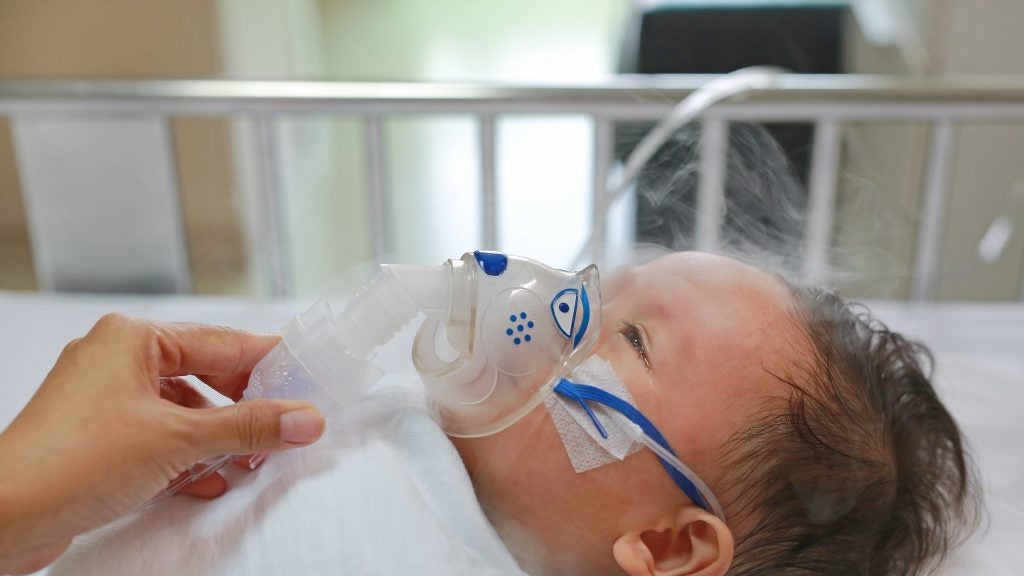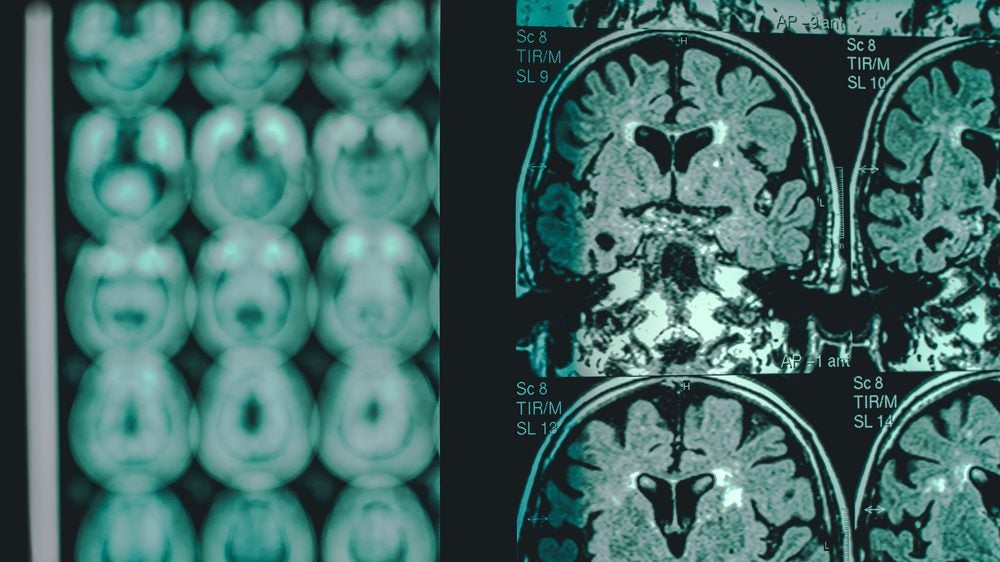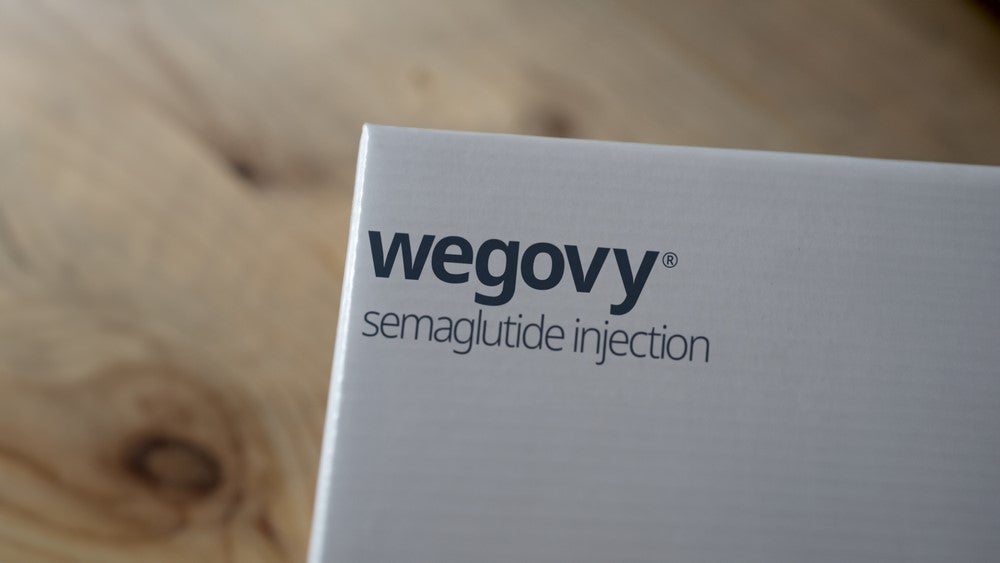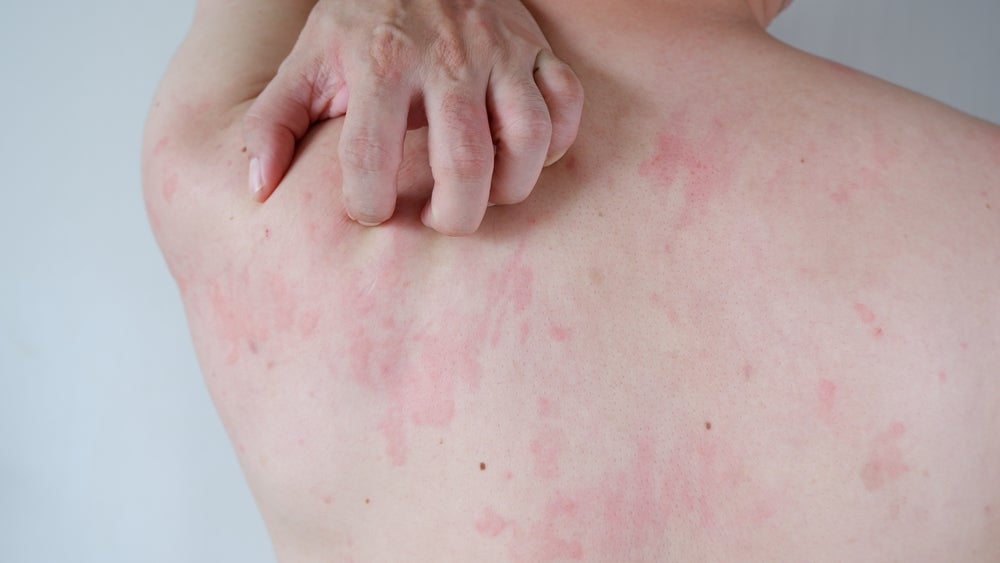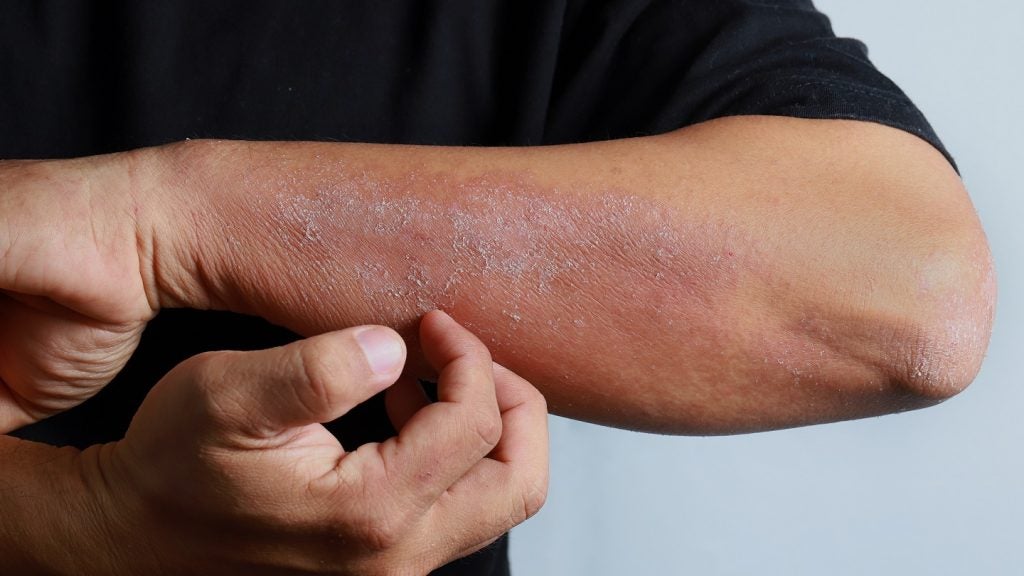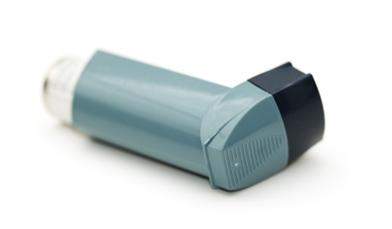Meissa Vaccines has reported positive data from a clinical study of the intranasal live attenuated MV-012-968 vaccine against respiratory syncytial virus (RSV) in participants aged between six and 36 months.
The study assessed the safety and immunogenicity of the needle-free, adjuvant-free MV-012-968 vaccine candidate in RSV-naive seronegative participants.
It enrolled 79 participants from multiple US sites. They initially received one 10² dose of PFU and a further 10⁷ PFU dose 28 days later.
All RSV-naive participants responded to two doses of 10⁷ PFU, with no serious adverse events reported.
No evidence of any lower respiratory tract symptoms or Grade 2 or 3 fevers were observed in the study.
Despite this, low levels of transient vaccine virus shedding were detected at the highest doses. Mild solicited symptoms were reported but were not temporally linked with virus shedding.
MV-012-968 induced a strong serum neutralising antibody response, when compared to previous vaccine candidates, and also demonstrated a significantly greater tolerability.
Meissa Vaccines cofounder and chief scientific officer Martin Moore said: “With this outstanding safety and robust serum antibody response, we believe Meissa’s live attenuated vaccine has the potential to be a best-in-class solution to protect infants and toddlers from RSV, and we are now preparing to advance MV-012-968 into a Phase II/III clinical trial next year.
“These data also demonstrate the power of our AttenBlock platform to generate live attenuated vaccines with outstanding safety and immunogenicity, something that we’ve not seen with other platforms.”
Nearly 1% of infants are hospitalised each year in the US due to RSV, which leads to respiratory infections, such as viral pneumonia and bronchiolitis.
Meissa is advancing other intranasal vaccine candidates targeting SARS-CoV-2 (Covid-19) and human metapneumovirus.


